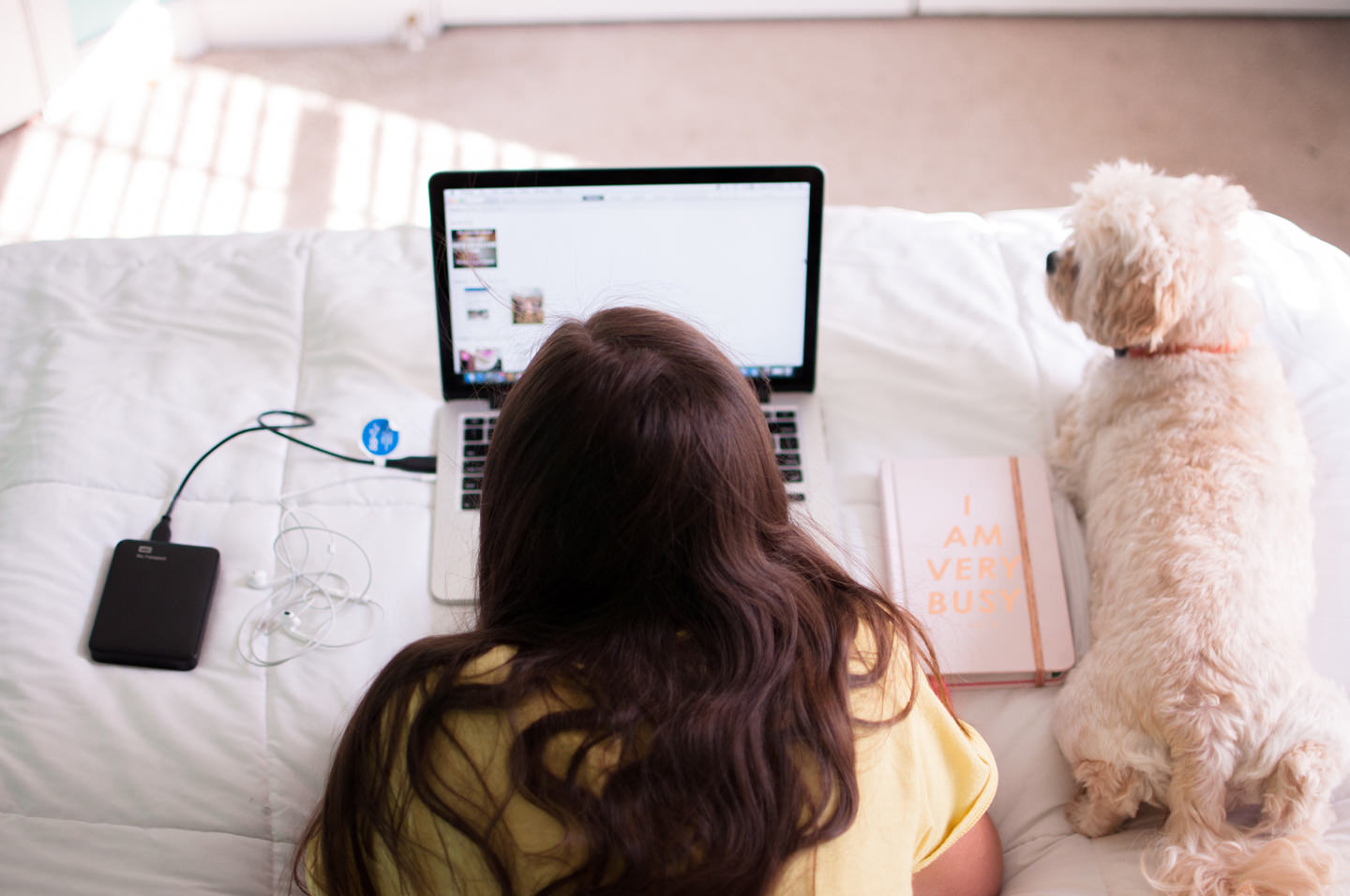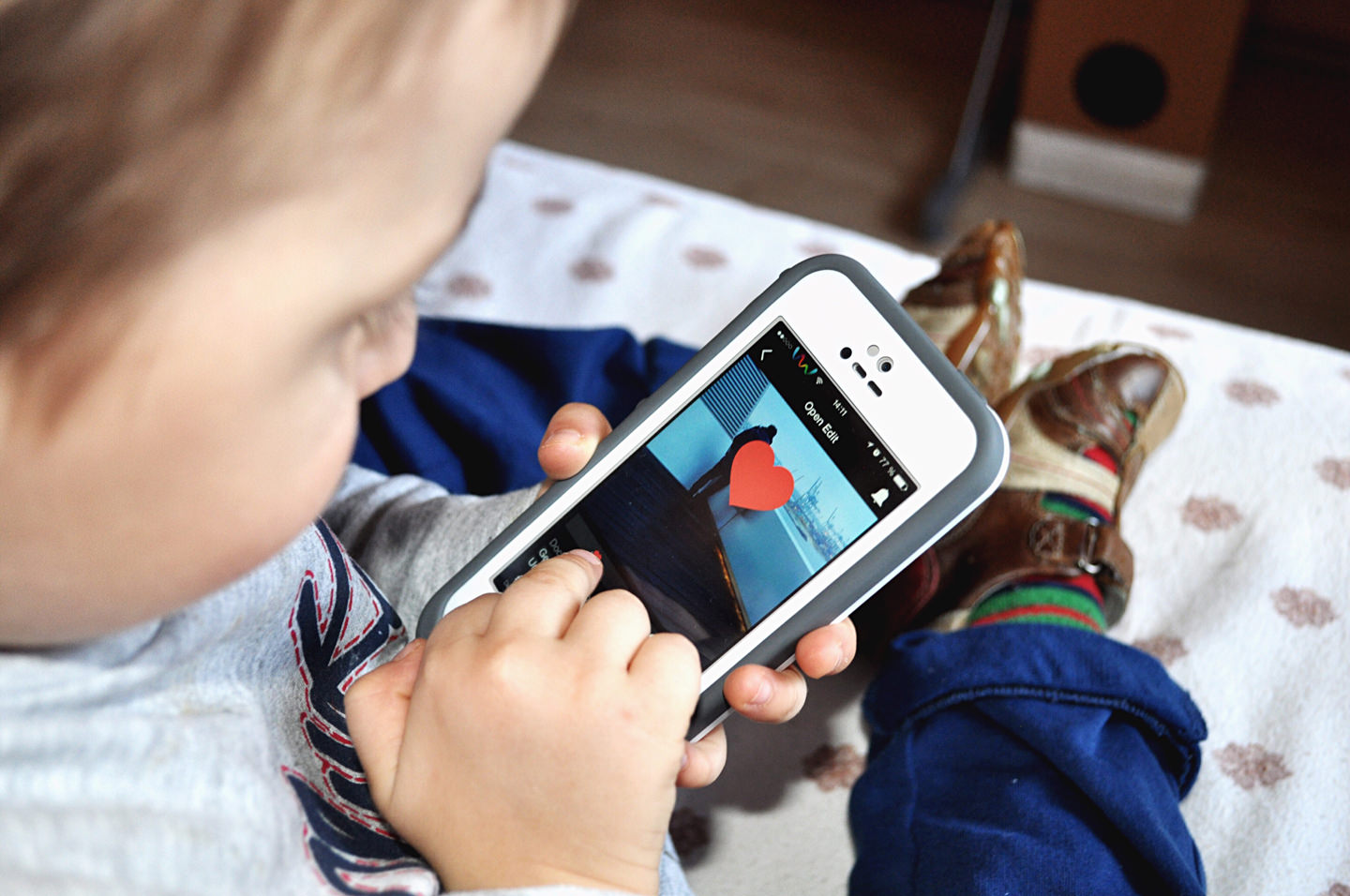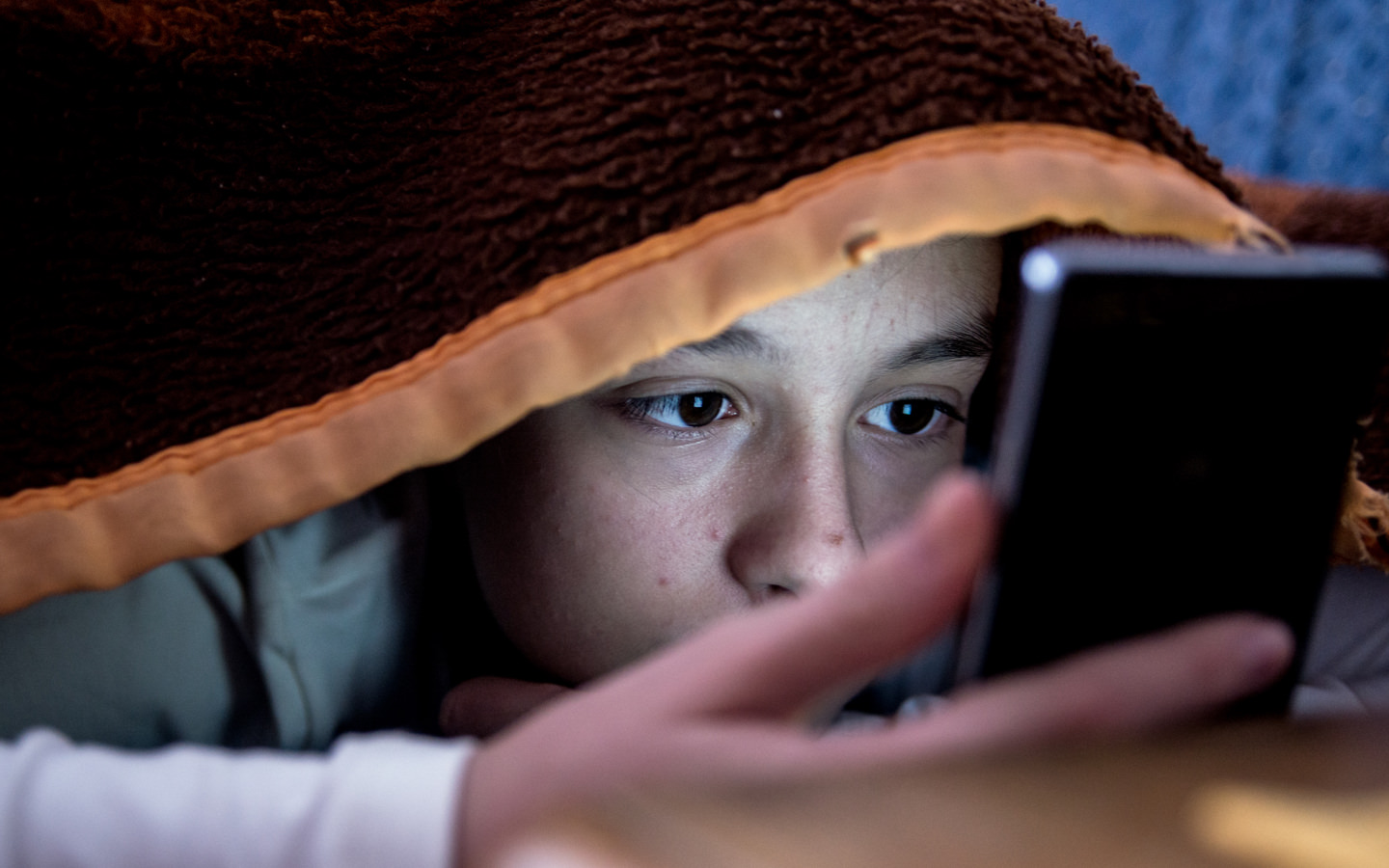Is your sleep schedule all over the place? It could have something to do with your phone.
There’s a growing body of evidence that points to electronic devices interfering with our sleep cycles, and it’s in more than just a behavioral way. As more data surfaces to show the shocking addictions we have to our devices, it’s no wonder that sleep disorders are becoming more and more linked to increased screen time.
How Screen Time Changes Your Sleep Schedule
Increased connectivity has led to a number of issues with sleep and behavior, in both children and adults, as people have a harder and harder time disconnecting from their devices. But why? How does it work?

Mental Stimulation
We’re connected all the time because we feel the need to be. We have to check our emails. We have to know what our friends are up to. We have to send our mom a message. We have to read that article. And on. And on. And on.
It’s not just that we’re always staring at a screen, it’s that now, more than any other time in human history, we are processing more information more frequently than ever before.
We’re always reading, always watching, always interacting and responding and tweeting, and whether it’s a cupcake recipe or a makeup tutorial, our brains are endlessly mining information, storing it away, analyzing what we see, and it’s just too much stimulation for our brains to simply shut off and relax enough to sleep.
In addition to this stimulation, our brains typically experience a flight or fight response to more stressful stimuli from technology, such as communications with coworkers or family, or distressing news stories. This releases the hormone cortisol, which can impact everything from blood sugar to immune system strength.
Blocking Melatonin
Screens emit blue light, and this matters because blue light makes it beyond just our eyes, and actually passes through our retinas and into a part of our brain known as the hypothalamus. The hypothalamus is the part of our brain that’s responsible for dispensing the hormones needed for a wide variety of critical functions, including regulating temperature, sleep, mood — even our sex drive.
The problem is that when the blue light from our screens passes through our retinas and into this part of the brain, it also inhibits the production of melatonin, the hormone critical for sleep. What this means is that, essentially, until we take our eyes off of that screen, it’s going to be very difficult for our brain to even begin producing the hormone necessary for sleep.
Circadian Rhythm Disruption
Beyond the hormonal and physiological effects of excessive screen time, all of these side effects ultimately add up to a distorted internal sleep clock, or circadian rhythm, which makes it more and more difficult for us to fall asleep at a reasonable hour.
Since blue light mimics daylight, not only is our brain prevented from producing the sleep hormone, but our bodies are tricked into believing it’s time to be awake, and the combination alters the time we start to get sleepy based on when those screens go off.

Children and Screen Time
As children grow and learn to regulate their sleep cycles and emotions, it’s important to allow their systems to establish themselves naturally. Though screen time can affect both children and adults in the same ways, children might be more susceptible simply because, developmentally, their hormones are already in flux as it is.
A toddler that’s learning to process anger will have a more difficult time doing so if exposed to excess screen time, simply because of the effects of blue light on his hormone production. If your child frequently misses naps and is prone to mega-meltdowns (more so than a typical toddler, anyway), consider taking a second look at how much screen time they’re getting.
Parents that reduce screen time for their children report remarkable differences in behavior, sleeping patterns, and overall temperament, so while it may not be the solution for every family, it’s certainly worth a second look.
Breaking the Cycle
Short of the necessity of being connected in a modern world, it’s hard to limit ourselves on screen time simply because we’re so addicted to it already. However, getting rid of screens in your sleep space is absolutely critical if you have a hard time unplugging, so it’s time to crack down on yourself.
Remove chargers, cell phones, tablets — anything with a screen from the room you sleep in. If you have a computer or a TV in your bedroom, find a way to move it somewhere else so that you’re not tempted to check in on those outlets, or binge watch Netflix until three in the morning.
Get into the habit of peeling yourself away from screens at least 30 minutes before bed, and dimming the lights in your home. This means TVs too — find another way to unwind, like reading a good old fashioned book, doing a bedtime yoga routine, or (yea, I said it) by having sex.
Set up one of those adorable, horrifyingly loud metal alarm clocks, and relegate your phone back to the status of communication and research device, not bedside alarm clock. If you have to have a device in your bedroom, at least wear orange goggles to filter the blue light, so that even if you are tempted to peek, your melatonin production isn’t disrupted.
Everyone deserves a good night’s sleep. Click here to learn about the most affordable and eco-friendly mattress on the market, and make great, safe sleep a priority again.
Are you addicted to your technology? Will you give our suggestions a try? Continue the conversation on Instagram or Facebook by tagging us with #avocadomattress or @avocadomattress.

Shop Pillows
The Essential Organic Pillow Collection
Gentle, breathable, non-toxic support.






